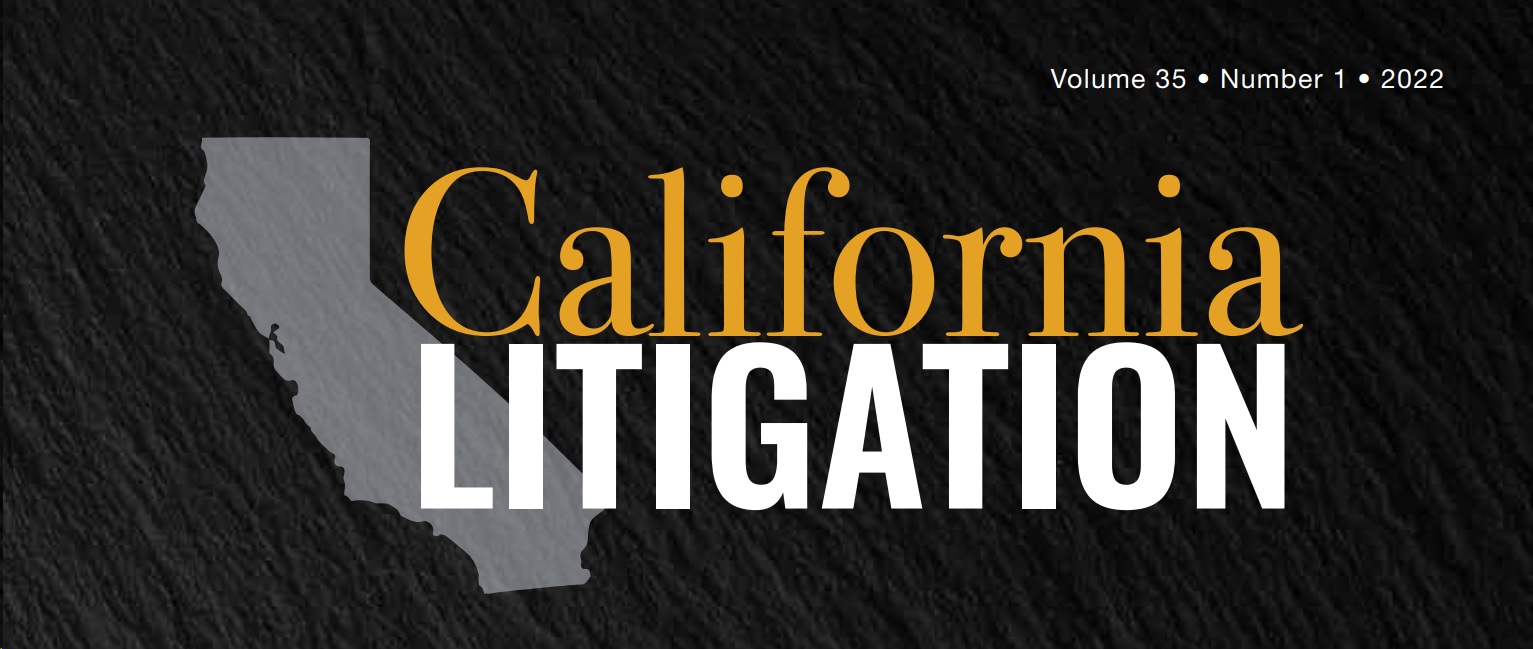
California Litigation has published my article “Are Anti-SLAPP Fee Awards Stayed on Appeal?” in its Spring 2022 issue. You can access the online version here: https://bit.ly/3aFty3P
A PDF of the article is here: Litigation-Volume-35-Number-1-2022, T. Kowal, Are Anti-SLAPP Fee Awards Stayed.pdf

My article answers the question: Yes, anti-SLAPP fees are automatically stayed on appeal. But for the past 20 years at least, the answer has been “no.” That is because that is how Dowling v. Zimmerman (2001) 85 Cal.App.4th 1400 answered the question, calling SLAPP fees a “nonroutine cost” and thus excepted from the automatic stay.
But the Legislature had abrogated the “routine vs. nonroutine” distinction way back in 1993. Dowling, it seems, did not catch the drift.
Fortunately, Quiles v. Parent (2017) 10 Cal.App.5th 130 noticed something was amiss. Quiles concluded, "there is a reasonable argument that nearly all postjudgment awards of costs in California courts should be subject to the automatic stay of section 917.1, subdivision (d), including attorney fees and unusual costs particular to specific statutes or contracts." The only exceptions that appear to be contemplated are for costs under section 998 and 1141.21, because these are expressly excepted in the statute.
The upshot: If you want an anti-SLAPP fee award to be automatically stayed on appeal, cite Quiles. It is the better reasoned case and more consistent with the statutes. But until the Supreme Court resolves this split, litigants who want to enforce anti-SLAPP fee awards pending appeal may still rely on Dowling.